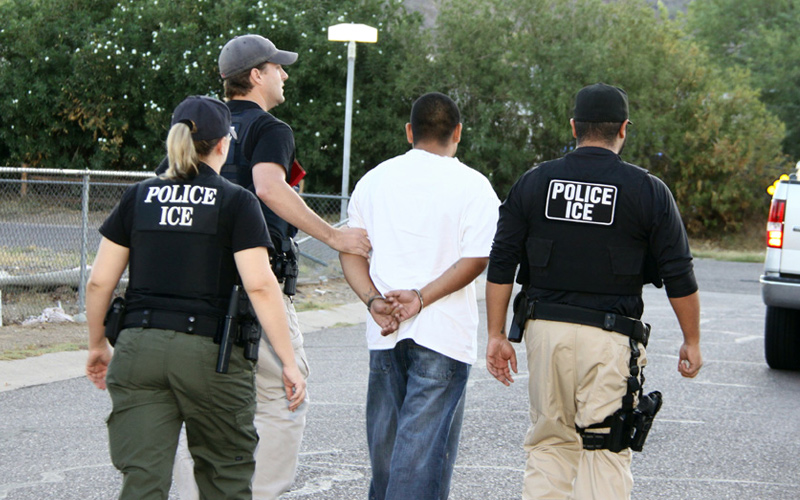by Moses Apsan, Esq.
February 21, 2011 - Arkansas lawmakers are attempting to prohibit the state from providing non-emergency benefits to illegal immigrants. John Selig, director of the Department of Human Services, explained his opposition to the bill is a cut off funding for prenatal care for women who are in the country illegally. Referring to the unborn children Selig stated “Our concern is they are going to be American citizens and Arkansas citizens.”
According to a DHS spokeswoman other programs that could be affected by the legislation. These programs include child welfare and protection and services for developmentally disabled children.
Undocumented immigrants in need of medical assistance find themselves in a very difficult situation. Each year, millions of immigrants need medical assistance, and many have no medical insurance. Not having medical insurance in this country can result in big and permanent problems, especially for people who suffer from chronic illness.
Charity care, however, does exist. Last year hospitals in New York and Pennsylvania granted almost $2 billion in emergency and short-term treatment to uninsured patients, including a large number of immigrants. The hospitals generally pay off these debits, known as charity care, which are separate from expenses related to Medicaid and other insurance plans maintained by the government.
It is not known how many immigrants, documented or undocumented, depend on charity care, because the hospitals normally do not report the numbers. In New Jersey, where approximately 18 percent of the population was born overseas, charity care for immigrants is a major issue. Under federal law, any hospital that receives federal funds should provide emergency or short-term treatment to any person – regardless of whether or not they are documented.
However, when it comes to permanent and long-term treatment, the problem is greater. To qualify for most insurance plans, like Medicaid, an individual must be an American citizen, refugee or legal resident. According to national studies conducted recently by a health economist from the University of Pennsylvania, 44 percent of uninsured patients could be undocumented immigrants. A rather high number.
The difficult situation of illegal immigrants varies depending on the state in which they live. For emergency care, some states do more than others to help hospitals lower their costs treating the uninsured. New Jersey, for example, reimbursed its hospitals about one third of the $965 million in charity care bills last year.
But there are states, like Pennsylvania, that have no reimbursement programs for private hospitals, whose charity care bills run as high as $975 million a year. The uninsured can be sent away if the hospital believes they do not need emergency care.
The situation as a whole needs some kind of reform. It seems almost obvious that no palliative solution will resolve this epidemic problem until our country deals with the issue of illegal immigration in an affirmative way, accepting that immigrants are here to stay.
`









